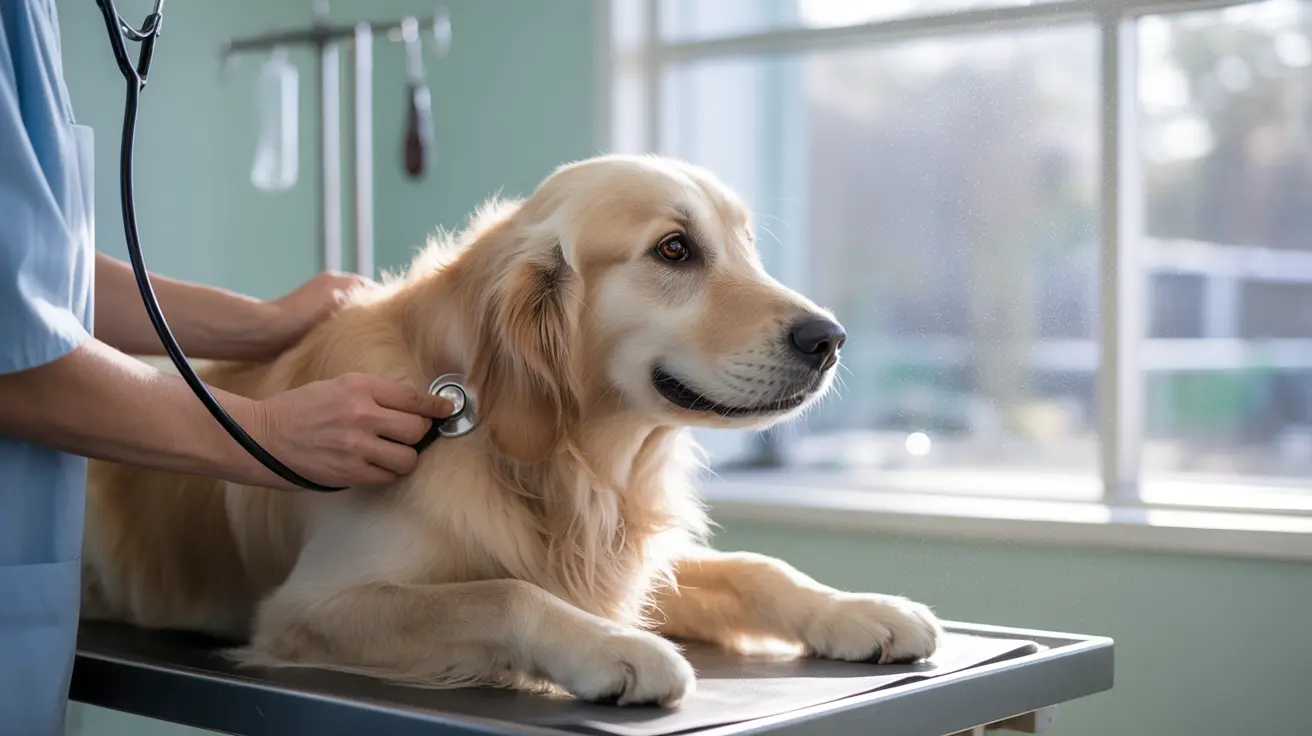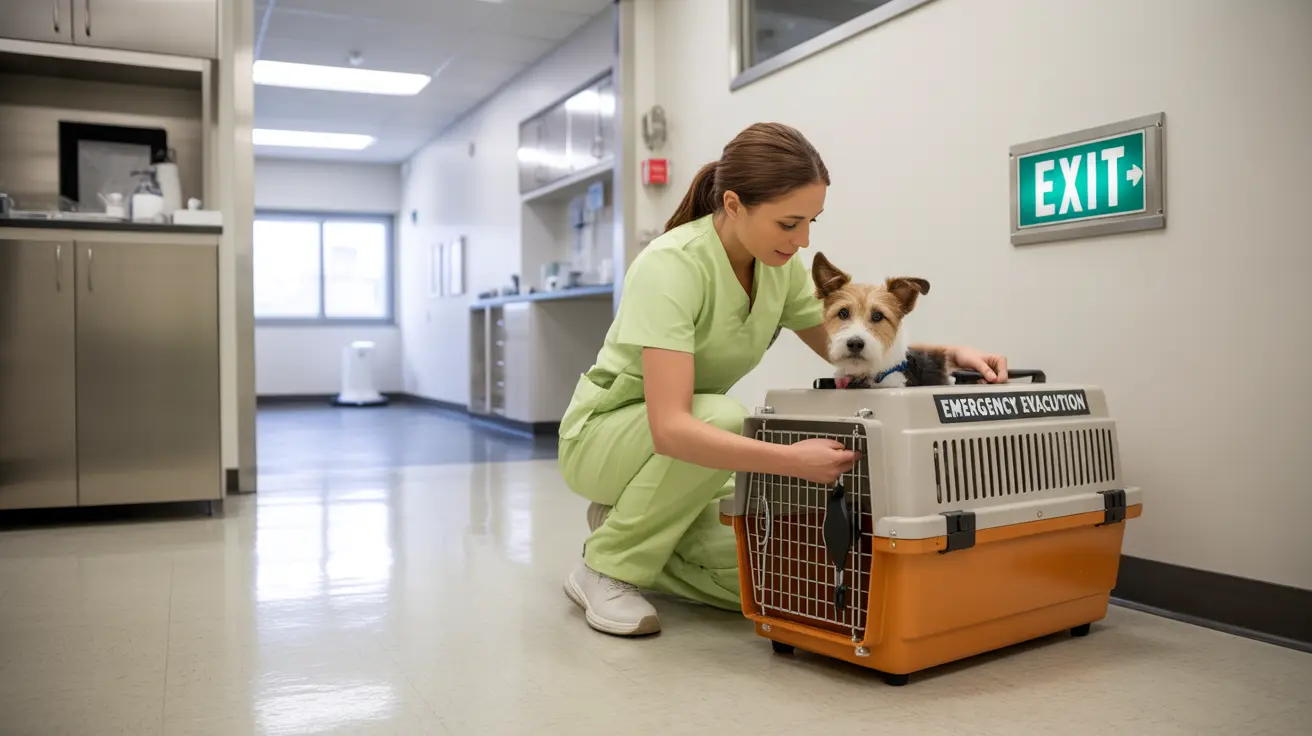How Long Can a Dog Go Without Pooping?
Understanding your dog's bowel habits is essential for monitoring their overall health. Dogs typically poop once or twice daily, but occasional changes are normal. However, prolonged constipation can be a sign of underlying problems. In this article, we’ll explore the possible reasons a dog might not be pooping, how long they can safely go without doing so, and what pet owners can do to help.
Normal Frequency of Bowel Movements
The average healthy dog typically has a bowel movement daily. Factors like diet, age, exercise level, and overall health influence frequency. Puppies and dogs with high-fiber diets may go more often.
Maximum Time Without Pooping
While dogs have a flexible digestive system, going more than 48 hours without a bowel movement can be a red flag. Many veterinarians suggest that 24–48 hours without pooping is the upper limit of normal, assuming no other health concerns are present.
Common Reasons a Dog Isn't Pooping
- Dehydration: Lack of water can cause hard stools that are difficult to pass.
- Inadequate Fiber: A low-fiber diet can lead to constipation.
- Lack of Exercise: Physical activity helps stimulate bowel movements.
- Stress or Anxiety: Significant changes can cause digestive slowdowns.
- Medical Conditions: Issues like intestinal blockages or neurological disorders can prevent defecation.
- Post-Surgery Effects: Anesthesia and pain medications may temporarily slow the digestive system.
Signs of Constipation in Dogs
- Straining to poop with little or no result
- Dry, hard stools
- Abdominal discomfort or swelling
- Lethargy and reduced appetite
When to See a Vet
If your dog hasn’t pooped in more than 48 hours or shows signs of distress, consult your veterinarian. Early intervention prevents more serious complications such as impaction or megacolon.
Home Remedies for Mild Constipation
For occasional and mild cases, the following home remedies might help:
- Hydration: Ensure your dog has plenty of fresh water.
- Fiber-Rich Foods: Add a small amount of canned pumpkin or bran to their diet.
- Exercise: Increased activity level promotes healthy digestion.
- Laxatives or Stool Softeners: Only use veterinary-approved remedies.
Prevention Tips
- Maintain a consistent, fiber-rich diet
- Ensure regular hydration
- Exercise your dog daily
- Monitor your dog’s habits and stay alert to changes
Bottom line: A dog going one or even two days without pooping isn't always a crisis, but if it becomes a pattern or is accompanied by other symptoms, it could signal a health problem. Stay observant, maintain a good routine, and consult your vet if you're concerned.





